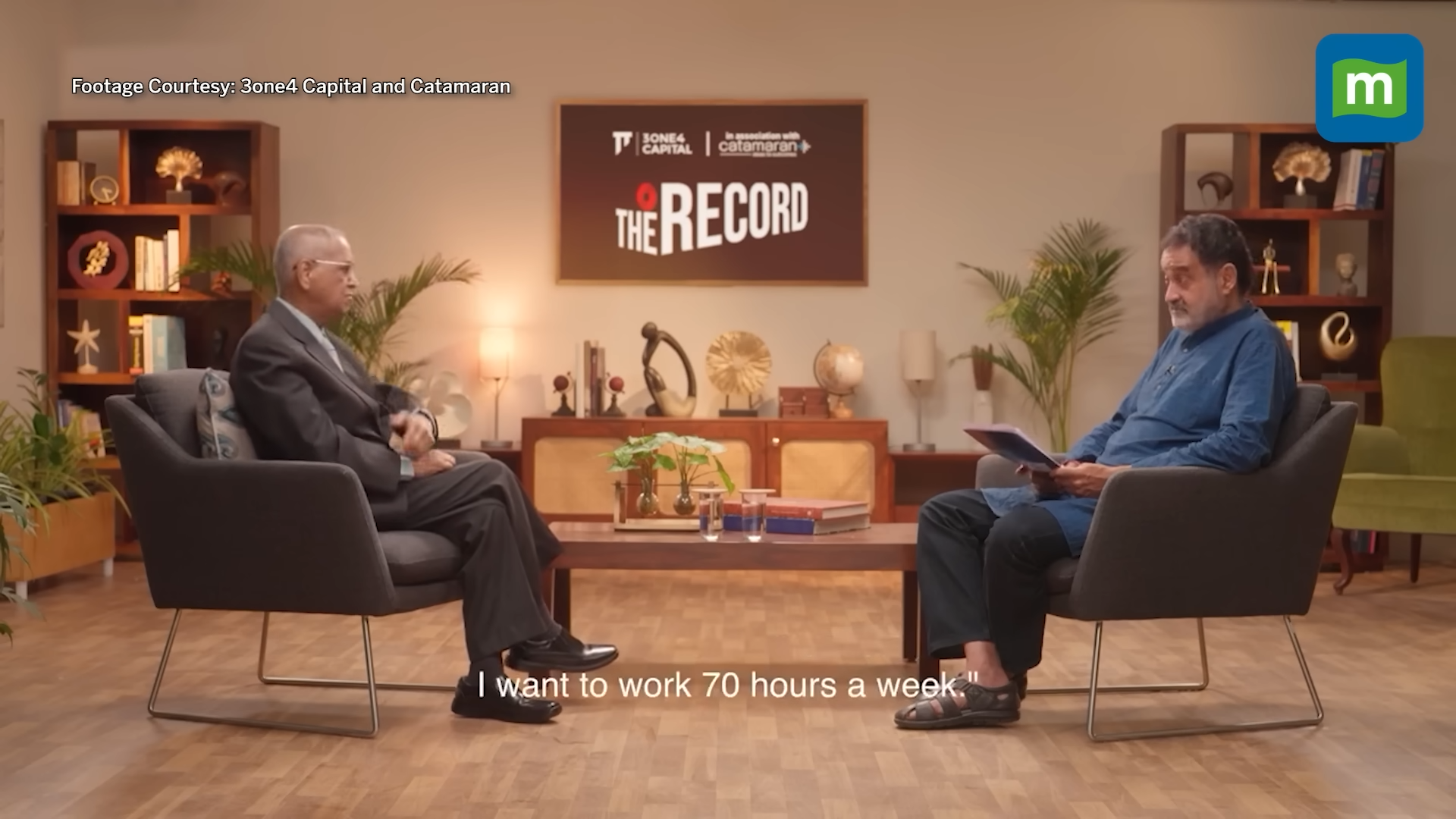There are too many opinions these days, on youth and the work culture that they respond do. A common belief is that this generation is lazy, and having a work-life balance, means slacking off. Recently, Narayana Murthy talked about the need for the youth to work as much as 70 hours a week. He added that India’s work productivity is low, and the youth should do something for “their country”.

Understandably, this comment received flak from people on the internet. Too often people don’t acknowledge the toxicity in most Indian work setups. Employees are deprived of basic facilities and a healthy environment. In fact, they’re not even paid enough, which is well, people’s primary reason to work. So, it’s the companies that benefit from these ‘extra work hours’ and not the employees.

It’s not even surprising that the country’s work productivity is low, because people are so often pushed to feeling burnouts. These instances highlight exactly that:
1. “I worked for 90 hours a week, probably. Gave my work everything I had – and it resulted in nothing. Ultimately, when I stopped being so ‘dedicated’, all I heard was “you don’t work like before”, “you are not as proactive as you used to be”. They did not know I was choosing which one of the 3 meals I should skip, because I had that little money when they were working me like a machine. I’d walk on fire to not let that happen to anyone else.”
– Ira

2. “I was working for a firm some time back, and their targets were unachievably high. I always wanted to do more than I could, and so I would stay back and work beyond my hours. I would also work on weekends, when no one knew I was. When I did achieve higher numbers than the rest of the team, my manager didn’t care. Most people didn’t even knew how much work I was doing, and when they did, there was no appreciation.”
– Harshit

3. “Companies don’t care when you work extra for them, it’s not like they’re going to pay you more. I always thought that working extra hours would get me promotions faster, but that never happened. I almost worked for over 12 hours each day, and then some. At the end of the year, nobody cared how I completed our targets, and everyone was treated the same. Only, people were not feeling as burnt out as I was. That’s when I realized that there’s no point to do all that extra work for people who don’t even acknowledge it.”
– Muskan Chhetri

4. So, the thing that happened with me is that I always do more than I am needed to. This is because I like going the extra mile to make my work better. My manager, however, assigns me more work because “he trusts me”. I don’t get anything out of it – appraisal, perks or just basic appreciation. People who work less than me are also growing at my pace. It’s like I’m punished for working more, which I have only come to notice now.”
– Anonymous

5. “I’ve never seen my father rest, he works all the time. Before COVID, he would come back home at 9 or 10 at night, and then work more. Of course, I picked on his habits. It’s not like I hated it, because I like working. It’s just that I realized that I was missing out on a lot, and that that’s going to affect me negatively if and when I stop working.
– Sanit Bhatia
:max_bytes(150000):strip_icc()/manager-in-office-reprimanding-employee-with-head-in-hands-740530769-5b6d7be2c9e77c0050734a4d.jpg)
6. “For me, the experience was quite weird. I worked extra, because that is who I am as a person – I want things a certain way and I’d rather do them myself. When my colleagues noticed that I was staying extra hours, they assumed that I was doing this to flatter the boss into a promotion. On the other hand, my boss didn’t care, in fact, I got treated the same way like the rest of the team – which is exactly how it should be. But he also never took a stand when people were alienating me, so that was sad.
– Rahul Manocha

7. “At one point I was working over 80 hours a week, including unofficial time, on my off days. People picked up on it, and the team would pile me with more work. They started making excuses for not doing the work, or do it wrong, so that I’d just take it. Eventually, I was doing other’s work too when the credit was being divided equally. It was like going back to school.”
– Rashi

It clearly never ends well. So, to everyone who asks “why isn’t youth working hard” – it’s never worth it. Also, even if it was, it still wouldn’t make sense.


































